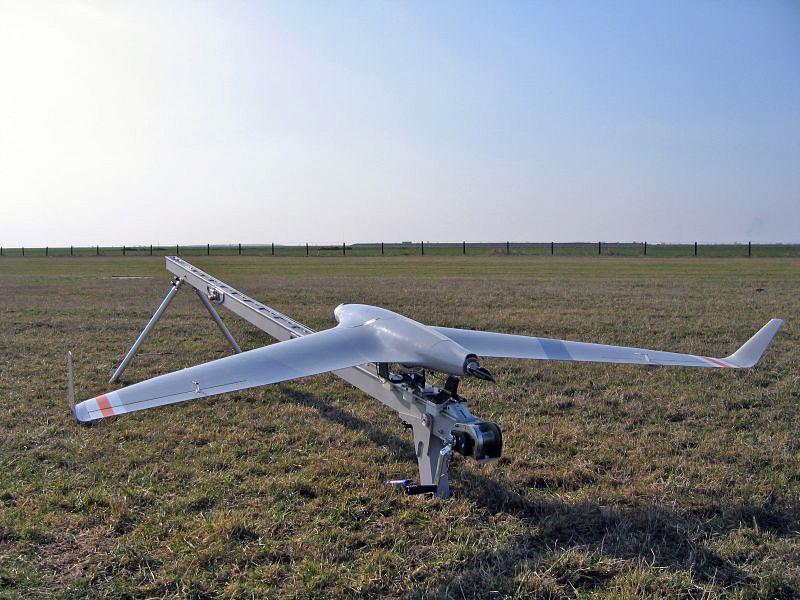Romanian firm starts offering first drone packages for research projects, first flights already booked



Romanian IT&C company TeamNet signed a protocol to run drones – also called unmanned aerial vehicles (UAV) – across Romania's air space. The UAV Hirrus, the ground control stations, the antennas and the launch ramp were entirely designed and built by a team of Romanian specialists within TeamNet, which has been working on this project for the last two years.
TeamNet's UAV made the first data collection flights between June 17 and 21 in Romania, for an academic research study. The data delivered by the optical sensors on Hirrus will be used to evaluate the flooring potential in a certain area. Six other similar missions will be organized with the drone by July 31, all for research projects.
The company received proposals to offer their drone package to research projects in agriculture, tourism, environment protection, disaster prevention and even archeology, said Bogdan Nedelcu, vice-president of strategic projects with TeamNet. The company's system includes three drones, a command – control station, and the acquisition costs include the initial training. The drone has a 3-hour range, depending on its load, and can reach speeds of 110 km per hour, at over 2,500 meters altitude. According to TeamNet, it does not affect the safety of civilian air space.
TeamNet, created 12 years ago, had a turnover of EUR 50 million in 2012.
An unmanned aerial vehicle (UAV), or a drone, is an aircraft without a human pilot on board, which is controlled either by computers in the vehicle, or under the remote control of a pilot on the ground. They are used predominantly for military and special operation applications, as well as in a growing number of civil applications, such as policing, firefighting, and nonmilitary security work, such as surveillance of pipelines.
editor@romania-insider.com
(photo source: TeamNet)